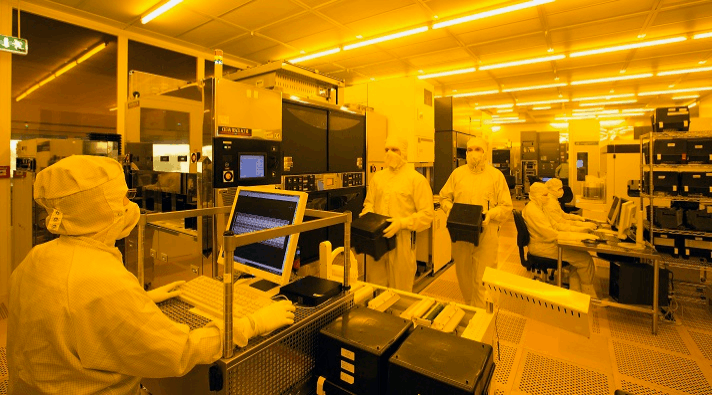
In the short time since the invention of the transistor in 1948, microelectronics has experienced an unrivalled history of development. The availability of microelectronics has made devices and systems possible, such as modern communication technology or satellite-based navigation systems, which seemed unimaginable just a few decades ago. The rapid development of microelectronics continues to this day and will ensure further technological revolutions in the future. Alongside the ‘More Moore’ principle, still in force today since the 1960s, which predicts that the number of components on a chip will double approximately every two years, the orthogonal ‘More Than More’ approach of increasing performance and functionality by combining different technologies and functional principles is becoming increasingly important.
The basis for the performance of modern microelectronics is the mastery of semiconductor technology and a deep understanding of solid-state physics in semiconductors. Mastery of semiconductor technology is a strategic prerequisite for the success of modern economies.
In a joint appointment with IHP - Leibniz Institute for High Performance Microelectronics, the ‘Semiconductor Technology’ department researches state-of-the-art silicon-based BiCMOS technologies as the basis for future systems, for example in wireless communication, sensor technology, space travel and signal generation & analysis. A ‘More Than Moore’ approach, which is orthogonal to CMOS scaling (More Moore), is being pursued, i.e. increasing performance and functionality by adding technology modules and functions to the SiGe BiCMOS basic technology.
In addition to semiconductor technology, ultrafast mixed-signal circuits such as RF data converters and slew-rate limited circuits such as frequency dividers and modulators are another research focus of the department.
In close co-operation with IHP, the ‘Semiconductor Technology’ department continuously offers internships, theses and dissertations.
